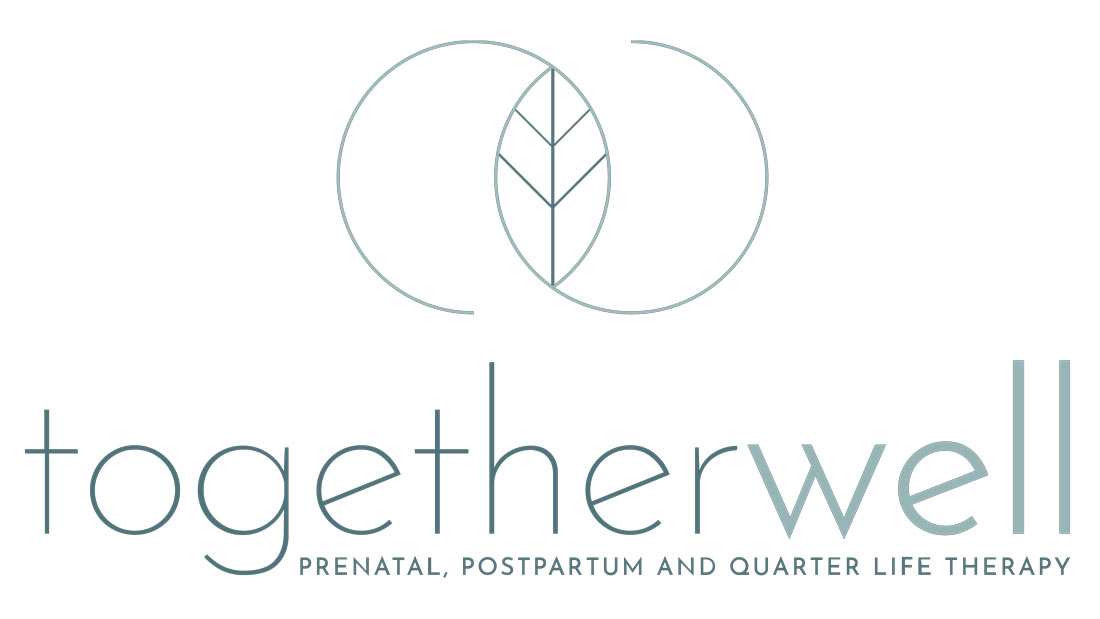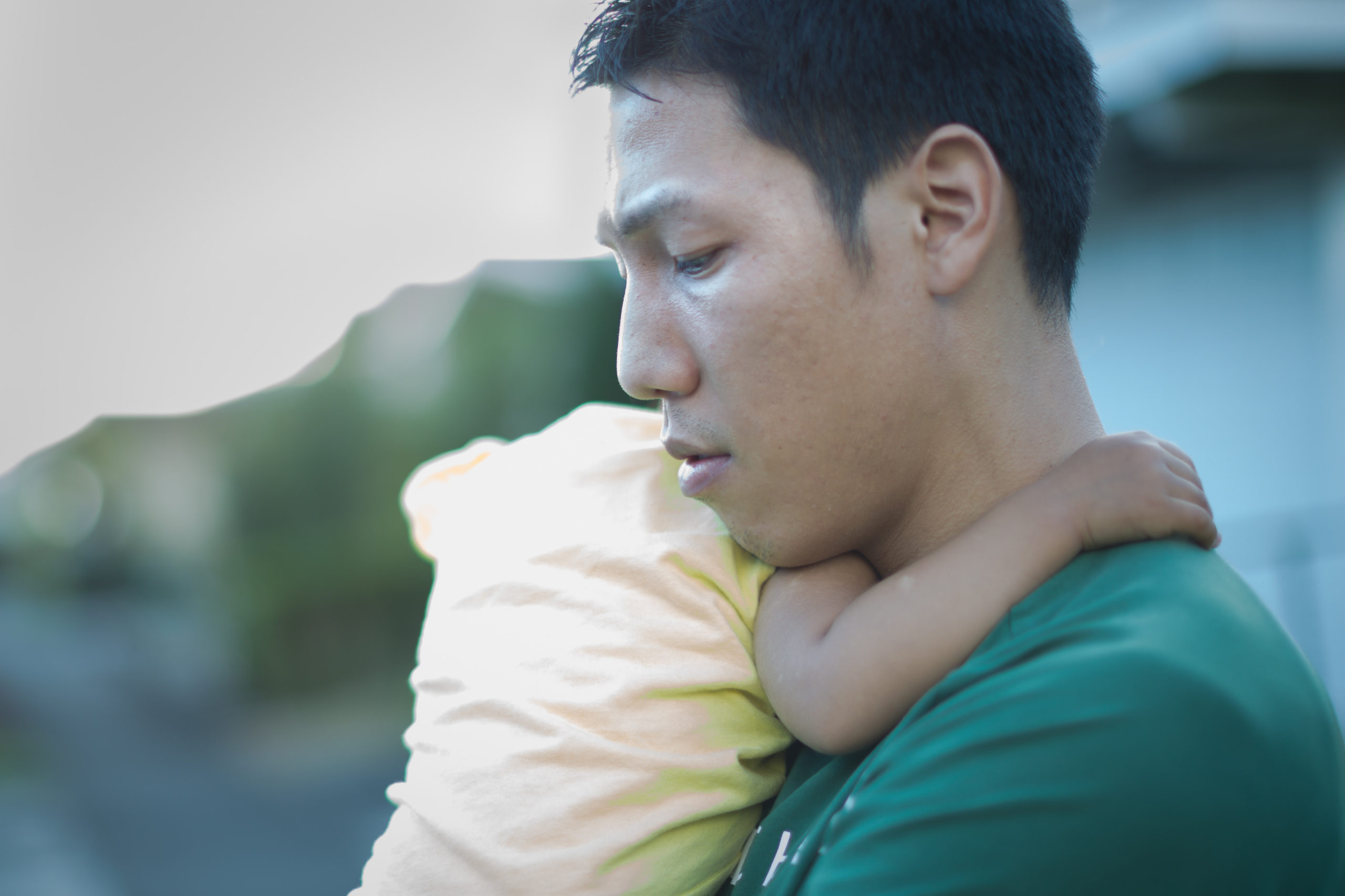Whether you’ve experienced it firsthand or not, most of us are familiar with the reality of postpartum depression.
In the United States alone, roughly 70% to 80% of women will experience the “baby blues,” with 1 in 7 women reporting the more severe symptoms of postpartum depression. There are approximately 4 million live births occurring each year, so this equates to almost 600,000 postpartum depression diagnoses annually.
Those are significant statistics and ones that speak to the widespread feelings of sadness, anxiety, and depression that many mothers experience in the days, weeks, and months following childbirth.
Although postpartum depression is often attributed to the hormones and pure exhaustion that come with new motherhood, women aren’t the only ones who can suffer from this often serious mood disorder.
Reports show that somewhere between 2–25% of new fathers experience some level of paternal depression, as well — a big swing that many professionals say is due to the stigma surrounding males and mental health.
Stereotypically, men get left out of the conversations surrounding parenthood and depression, leaving them to feel like they have to be the strong “rock” for their wives and families. Yet, the financial stress, lack of social support, and changes in physical intimacy or connection that come with this season of life can lead to conflicted feelings about how they should be coping and how they’re actually feeling.
Other paternal depression risk factors include:
- If the mother has depression or anxiety following childbirth, the chance of her partner going through the same thing goes up by 50%. While a shared experience, this situation can cause a serious disconnect between each other, the baby, and those around them.
- Men feel left out of the first stages of a child’s life. Dads don’t have the day-in and day-out experience of pregnancy and, once the baby is born, they can feel like they lack quality time to bond, especially if the mother is breastfeeding.
- When there is any complication or birth trauma, dads go through that, too. In these situations, the mother and the baby take priority, but that doesn’t mean it’s easy for the dad. These are scary moments that can take a real toll on both parents’ mental health.
Still, even with all the warning signs and red flags, paternal depression in fathers tends to present differently and can be misdiagnosed (or not diagnosed at all) due to a difference in symptoms.
While women typically turn their sadness and fear inward, men are more likely to express paternal depression through:
- Increased anger and conflict with others
- Frustration, stress, or irritability
- Violent behavior
- Significant weight gain or loss
- Isolation from family and friends
- Impulsiveness or risk-taking behaviors
- Problems with concentration or motivation
- Loss of interest in work, hobbies, and/or sex
- Increased use of alcohol or prescription/street drugs
Effects of Paternal Depression
When left untreated, paternal depression can strongly impact how a father interacts with his partner and his children.
They are less likely to engage with their families positively, such as reading with their kids, helping around the house, and bonding in ways that impact a child’s development. And, in worst-case scenarios, depressed dads can be prone to domestic violence and child abuse.
A study shows that children of fathers with depression or other mental illness have a 33–70% increased risk of developing emotional or behavioral problems. There’s also a positive association between paternal depression and increased aggression in children from zero to four years of age and delays in behavioral, emotional, and social development in four- and five-year-old kids.
How to Get Help for Paternal Depression
Even though perinatal depression is becoming more widely recognized, we still have a way to go when it comes to normalizing perinatal mood disorders.
The good news is that paternal depression doesn’t have to escalate to the point where it’s having a long-term impact on a family. It can be treated, but only if men are open to getting help.
We need to validate that depression is a medical condition and not a weakness of character. And getting help isn’t defeat, but taking back control of your and your family’s life to increase the chance for connection and the fulfillment that you so deserve.
If you think you or your partner is struggling with paternal depression, there are many options to consider, including individual therapy, couples therapy, and support groups for dads. Some of our favorites include Dads with Wisdom, Postpartum Support International, and Dad’s Meet Up.
Of course, the TogetherWell team is always here, and we offer a variety of services to help parents dealing with mental health struggles. Please call us to schedule an appointment or discuss what we do and how we can help. You can also find resources on our website at TogetherWellTherapy.com.

